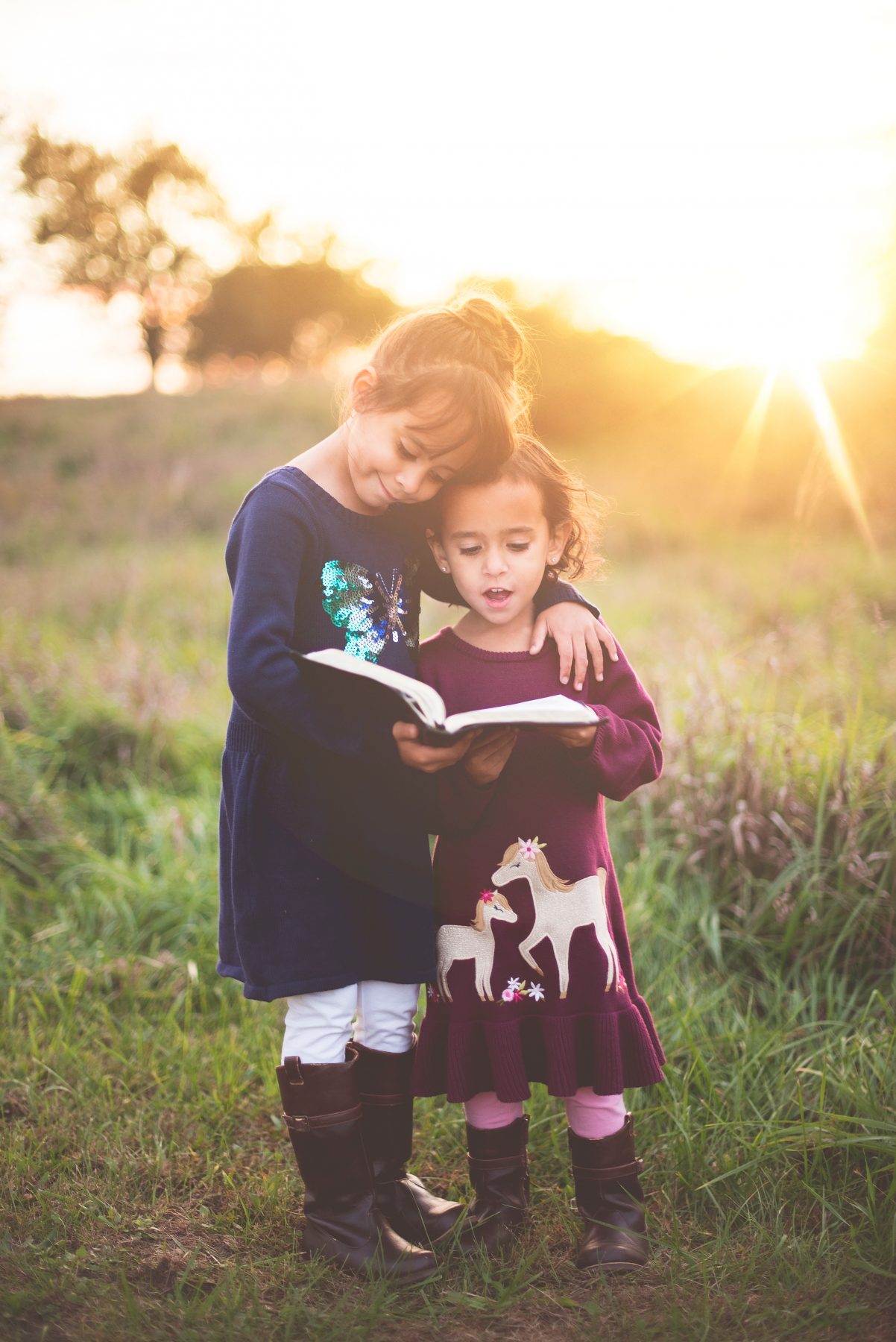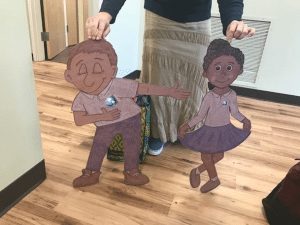Montessori School Philosophy
At the core of the Montessori philosophy is the understanding that all people have an innate set of human tendencies which exist from birth and continue to motivate human development and behavior for the remainder of an individual’s life. These intrinsic powers determine an individual’s continual adaptation as a person of their time, place, culture, and human tendencies.
The understanding of these human tendencies influences all aspects of the Montessori Kids Universe experience. From the carefully prepared learning environment, to the use of didactic materials, to the extended work cycle within mixed-age group settings – all are purposefully designed to work in coordination to nurture the development of the child for the betterment of self and society.
In 1956, Dr. Maria Montessori’s son, Mario Montessori, classified distinctions for roughly nine human tendencies in his publication, “The Human Tendencies and Montessori Education.” However, there is no particular order of importance as the relationships among the tendencies are dynamic, synergistic, holistic and interdependent.
Universal Human Tendencies
Activity & Movement
The motivation to do something that is purposeful and meaningful; to act in a way that engages the whole self – body, mind, and spirit. In a child, this guides the desire to seek ‘work’ that is stimulating and requires self-mastery and self-control, ultimately leading to satisfaction and fulfillment.
Self-preservation & Self-development
At the very core of human tendencies is the need to meet one’s physiological, psychological, and social needs. A threat to any one of these and an individual will focus on securing them before all other motivations.
Orientation
When an individual is placed in relationship with their environment, it is the need to become familiar with one’s surroundings, both physically and socially.
Exploration
After orientation is fulfilled, the next in line for human tendencies is the motivation to move beyond the familiar and seek new knowledge and experience.
Order
Knowledge and information gained through orientation and exploration are put in order – sorted, classified and categorized. All human activity is based upon this tendency to create orderly, meaningful patterns out of our experience.
Human Tendencies Cont.
Communication & Connection
Much more than just language, communication is the motivation to behave interactively with our environment and with the elements in the environment, including other human beings.
Abstraction & Imagination
The drive to take the reality of the world as we find it, pull out certain qualities, human tendencies, and characteristics of that reality and create new possibilities and experiences that exist only in our human mind.
Concentration, Repetition & Perfection
Once a natural interest for an activity or work has been established, concentration is the collection of attention, energies, and faculties to accomplish the work at hand. But concentration alone isn’t fulfilling. There is a need to perfect an action or work which comes only through repetition.
Exactness & Precision
Once mastery has been achieved in any context, there remains a motivation to go beyond the current level of achievement, understanding, or accomplishment. A need that seeks to prevent complacency and lethargy, it spurs an individual’s actions to do better, to know more, and to find a better way.
As Mario Montessori noted, throughout life, these human tendencies can either be assisted or thwarted as they motivate an individual’s behavior. Which is why at Montessori Kids Universe, we combine skillful Montessori teachers with carefully designed learning environments in order to support every child’s unique optimal development.


